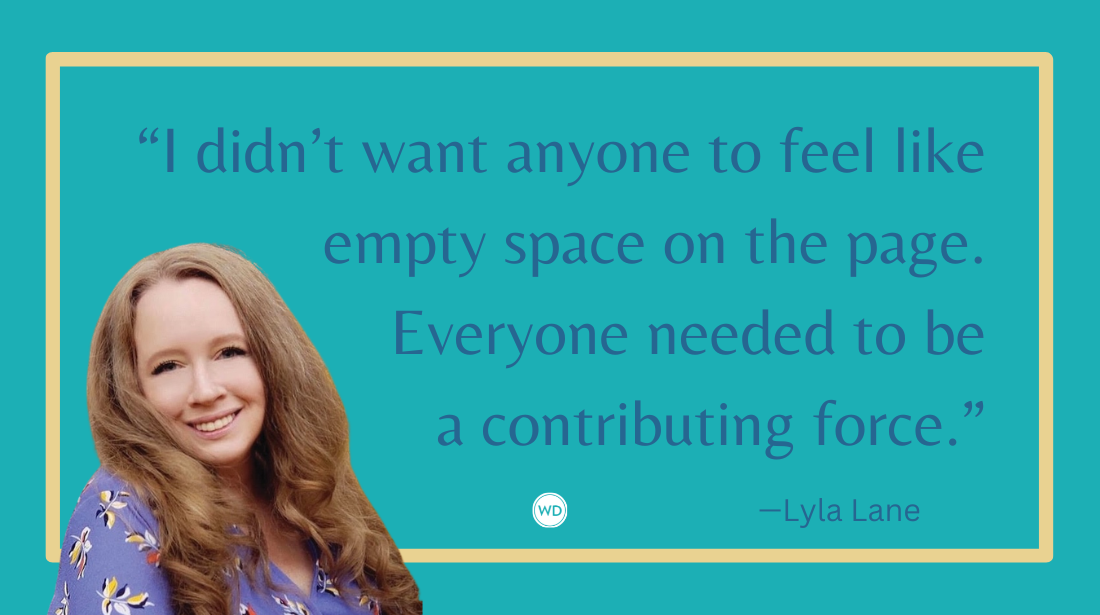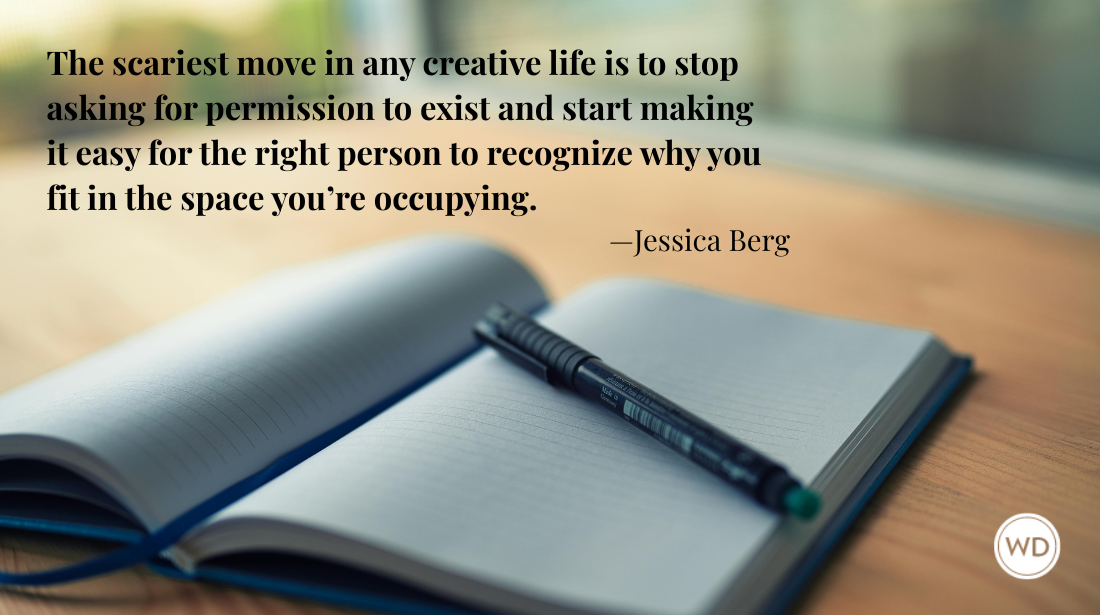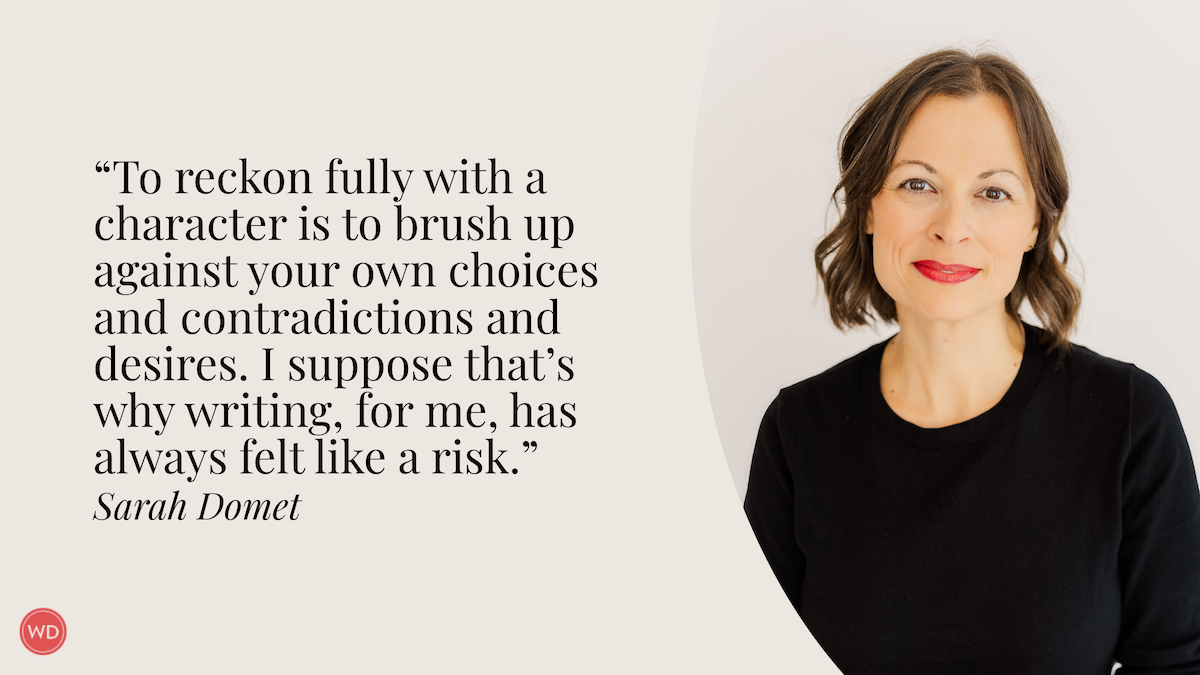NaNoWriMo and Finding Your Creative Flow
To kick off NaNoWriMo, Grant Faulkner shares the secrets to finding your creative flow, a key skill for any writer and an especially useful tactic for completing a 30 day writing challenge.
To kick off NaNoWriMo, executive director Grant Faulkner shares the secrets to finding your creative flow, a key skill for any writer and an especially useful tactic for completing a 30-day writing challenge.
The following is excerpted from Pep Talks for Writers by Grant Faulkner, with permission from the author.
There’s perhaps not a more contented, wonderful state of being than writing in what is called a “flow” state. You see it most tangibly in sports, when a player who is “in the zone” magically makes shot after shot, playing in a harmonious rhythm, each movement and decision blending into a perfect state of grace.
When athletes are interviewed after such performances, they frequently mention how time suddenly slows and they feel an otherworldly concentration. Thinking dissolves, their willed effort drops away, and they play purely in the moment, immersed in a blissful syncronization with the motions of the game. The state is similar to wu wei, or “doing without doing,” that is described in the teachings of Taoism: an effortless, spontaneous movement, happening with a force as natural as the planets revolving around the sun.
Mikhaly Csíkszentmihályi, the psychologist famous for studying flow, described flow as "being completely involved in an activity for its own sake. The ego falls away. Time flies. Every action, movement, and thought follows inevitably from the previous one, like playing jazz. Your whole being is involved, and you're using your skills to the utmost."
Csíkszentmihályi named such a state “flow” because in his interviews with people, they often described their experiences using the metaphor of a water current carrying them along.
Sounds nice, especially in regard to the anguish-filled state of writing that we all know too well. Who needs to wrench words out of your skull if they can float along a rolling current. Unfortunately, you can’t just snap your fingers to write in such a state of enchantment, but you can create the conditions for it. Cziksentmihalyi identified several elements involved in achieving flow:
- There are clear goals every step of the way.
- There is a balance between challenges and skills.
- Action and awareness are merged.
- Distractions are excluded from consciousness.
- There is no worry of failure.
- Self-consciousness disappears.
- The activity becomes an end in itself.
National Novel Writing Month is a training ground for flow—it’s akin to a month-long meditation retreat, but instead of meditating each day in silence, you immerse yourself in writing, keenly focused on a goal, writing to explore your story, not worrying about its quality, just writing for the sake of writing. Many a NaNoWriMo writer has shown up late to work because their sense of time evaporates into the heat of their story (apologies to all employers).
Not every month is November, though, so you need to think about what you can do to set up similar creative conditions. I sometimes target a Saturday or Sunday and dedicate myself to making it my “flow day.” That means I have to clean up the muck of my bad habits and prepare my mind. I put my phone in a different room, and then tearfully shut down email, social media, and the Internet, because even a swift click to see what’s happening will jostle me out of the flow mindset (you don’t meditate holding a phone, right?). I isolate myself in a room, and sometimes even put on noise-cancelling headphones. I make sure that I’ve done all of my research beforehand so that I can keep my hands on the keyboard. Then I give myself a time limit. I like 30 minutes because it puts pressure on me to write with intensity, yet it’s not too daunting. And then … I let go, NaNoWriMo-style. I don’t worry about the result, I write like “crazy dumbsaint of the mind,” as Jack Kerouac put it, letting words tumble, jounce, and cavort.
The etymology of “inspiration” is something “breathed in,” and that’s what I feel on my best days—I’m breathing in different air, existing in a different world. No matter what the labor, it becomes a labor of love. No matter how painful the subject, the touch of writing provides a salve as I get lost. And sometimes that 30 minutes stretches out, time becoming elastic, invisible, infinite. I’ll look at the clock and find that an hour or two passed, as if I just woke up.
There’s a certain magic in writing intensely for a 30-minute block. When Ray Bradbury first started as a writer, he had to get out to write away from a house full of children, so he payed a dime to use a typewriter for 30 minutes at UCLA’s library. He was poor, and he wanted to get his money’s worth, so he was forced to focus and write at a frantic pace. He wrote Fahrenheit 451 in such a way, and described the novel as an effortless creative experience.
Don’t worry if you try to reach a state of flow and hit a wall, though. Sometimes you can’t find flow; it finds you. And flow is similar to meditation. It takes practice to train your mind to go deep and stay deep. Eventually you’ll have one incandescent day of writing, and you’ll remember how to prime yourself to write in such a state again.
Try this: Flow
While it’s difficult to simply turn a flow state on or off, there are things you can do to achieve flow. Pick out a challenging and clear goal, such as writing an entire chapter or 2,000 words. Make sure you have sufficient time to do so. Minimize interruptions and unwanted distractions. Monitor your emotional state to make sure you’re not aggravated or angry. Then dive in, put your blinders on, and write energetically. Afterward, reflect if there were moments you lost a sense of time, if you were writing effortlessly. If you entered the zone, how can you replicate that?
Grant Faulkner is the Executive Director of National Novel Writing Month (NaNoWriMo) and the co-founder of 100 Word Story. He's published Pep Talks for Writers: 52 Insights and Actions to Boost Your Creative Mojo; Fissures, a collection of 100-word stories; and Nothing Short of 100: Selected Tales from 100 Word Story. His stories have appeared in dozens of literary magazines, including Tin House, The Southwest Review, and The Gettysburg Review, as wellas in anthologies such as Best Small Fictions and Norton's New Micro: Exceptionally Short Fiction. His essays on creativity have been published in The New York Times, Poets & Writers, Writer’s Digest, and The Writer. He also hosts Write-minded, a weekly podcast on writing and publishing. Follow on Twitter @grantfaulkner.







